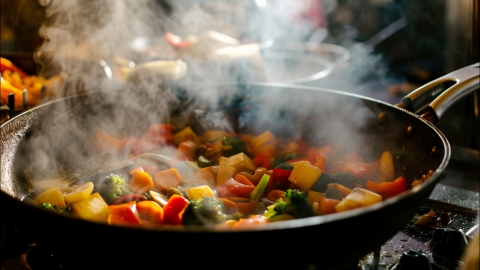What should aplastic anemia patients eat to increase platelet count?
Aplastic anemia, also known as aplasia, is a condition in which foods that help increase platelet counts generally include those rich in high-quality protein, iron, vitamin B12, folic acid, and vitamin C. A detailed analysis is as follows:

1. Foods rich in high-quality protein: Such as fish, lean meat, eggs, and soy products. Protein serves as the fundamental building block for platelet production, providing sufficient nutrition for bone marrow hematopoiesis, supporting platelet generation, and helping to alleviate discomfort caused by low platelet counts.
2. Iron-rich foods: Such as animal liver, animal blood, and spinach. Iron participates in hemoglobin synthesis and helps maintain a stable bone marrow hematopoietic microenvironment, thereby indirectly creating favorable conditions for platelet production. These foods are suitable for daily supplementation in patients with aplastic anemia.
3. Foods containing vitamin B12: Such as beef, lamb, dairy products, and shellfish. Vitamin B12 promotes the maturation and division of hematopoietic cells in the bone marrow, playing an important supportive role in normal platelet production and helping maintain stable platelet levels.
4. Foods rich in folic acid: Such as leafy green vegetables, legumes, and nuts. Folic acid works synergistically with vitamin B12 in DNA synthesis of hematopoietic cells, reducing abnormal development of blood cells, supporting normal platelet production in the bone marrow, and improving low platelet counts.
5. Foods containing vitamin C: Such as oranges, kiwifruit, and green peppers. Vitamin C enhances iron absorption and improves overall metabolic function, thereby indirectly supporting bone marrow hematopoietic activity and creating a favorable physiological environment for platelet production.
However, diet serves only as an adjunct. Patients with aplastic anemia who have low platelet counts must receive standardized medical treatment under a doctor's guidance. In daily meals, attention should be paid to using fresh ingredients and ensuring thorough cooking. Hard or irritating foods should be avoided to reduce the risk of bleeding due to low platelet levels.





